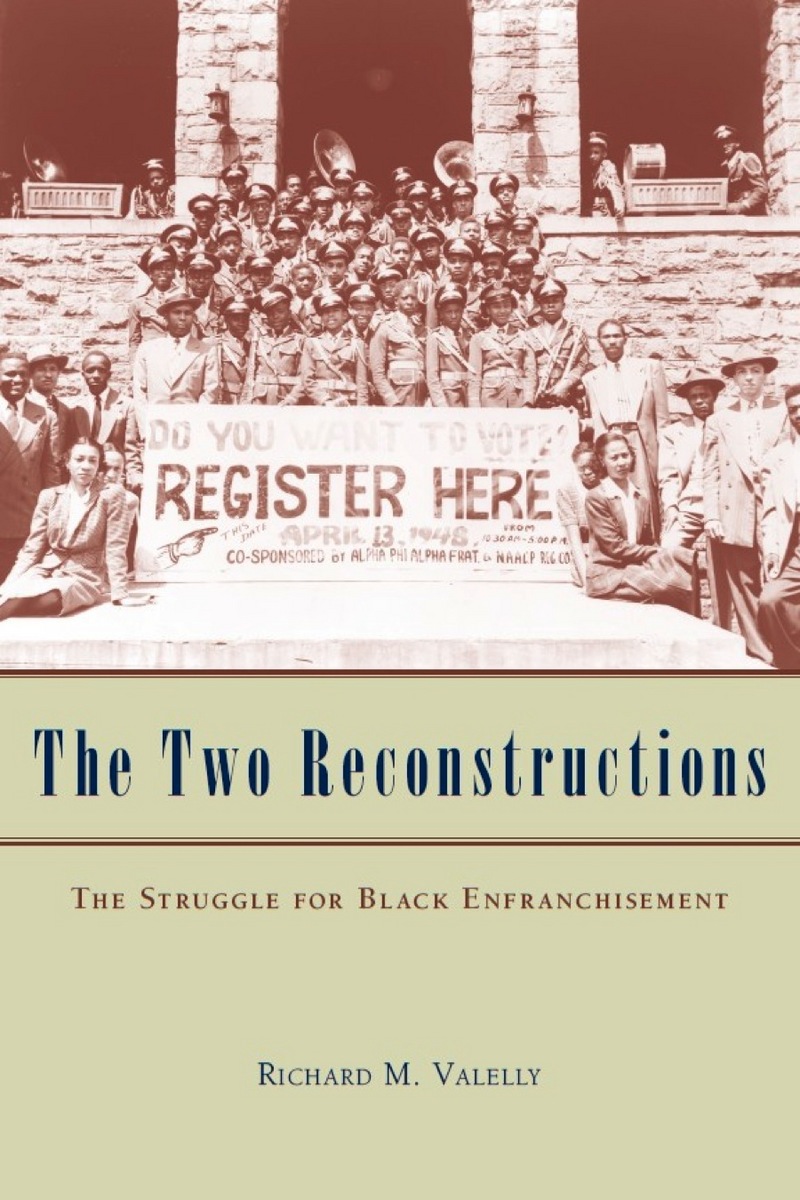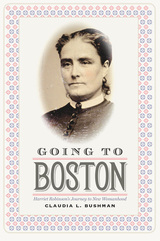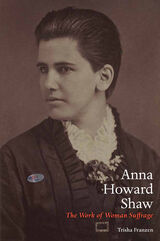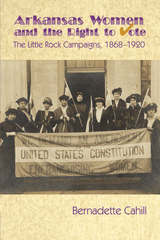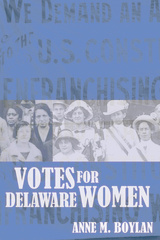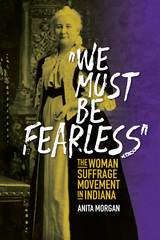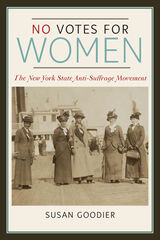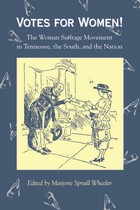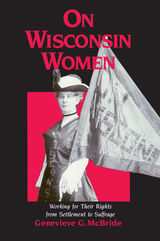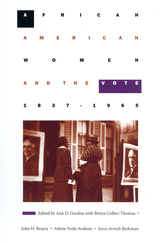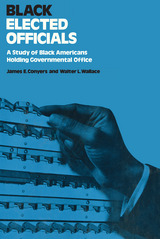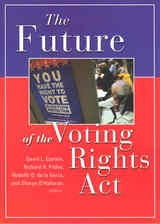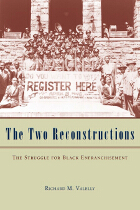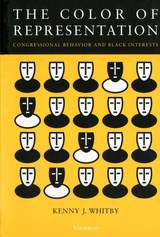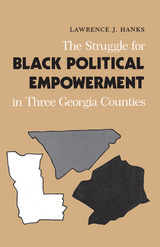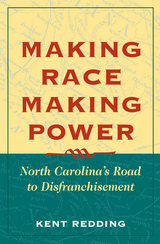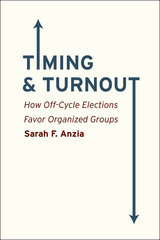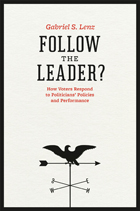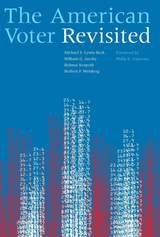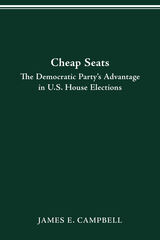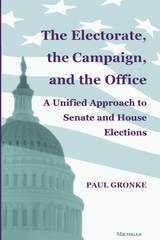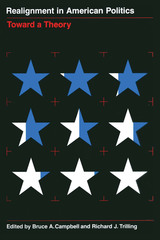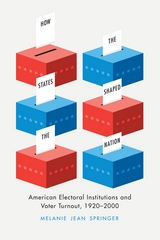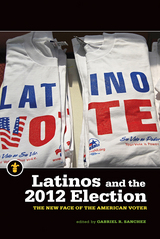The Two Reconstructions: The Struggle for Black Enfranchisement
University of Chicago Press, 2004
eISBN: 978-0-226-84527-2 | Paper: 978-0-226-84530-2 | Cloth: 978-0-226-84528-9
Library of Congress Classification JK1924.V35 2004
Dewey Decimal Classification 323.1196073009
eISBN: 978-0-226-84527-2 | Paper: 978-0-226-84530-2 | Cloth: 978-0-226-84528-9
Library of Congress Classification JK1924.V35 2004
Dewey Decimal Classification 323.1196073009
ABOUT THIS BOOK | AUTHOR BIOGRAPHY | REVIEWS | TOC | REQUEST ACCESSIBLE FILE
ABOUT THIS BOOK
The Reconstruction era marked a huge political leap for African Americans, who rapidly went from the status of slaves to voters and officeholders. Yet this hard-won progress lasted only a few decades. Ultimately a "second reconstruction"—associated with the civil rights movement and the Voting Rights Act—became necessary.
How did the first reconstruction fail so utterly, setting the stage for the complete disenfranchisement of Southern black voters, and why did the second succeed? These are among the questions Richard M. Valelly answers in this fascinating history. The fate of black enfranchisement, he argues, has been closely intertwined with the strengths and constraints of our political institutions. Valelly shows how effective biracial coalitions have been the key to success and incisively traces how and why political parties and the national courts either rewarded or discouraged the formation of coalitions.
Revamping our understanding of American race relations, The Two Reconstructions brilliantly explains a puzzle that lies at the heart of America’s development as a political democracy.
Winner of the 2005 J. David Greenstone Book Award from the Politics and History section of the American Political Science Association.
The Reconstruction era marked a huge political leap for African Americans, who rapidly went from the status of slaves to voters and officeholders. Yet this hard-won progress lasted only a few decades. Ultimately a "second reconstruction"—associated with the civil rights movement and the Voting Rights Act—became necessary.
How did the first reconstruction fail so utterly, setting the stage for the complete disenfranchisement of Southern black voters, and why did the second succeed? These are among the questions Richard M. Valelly answers in this fascinating history. The fate of black enfranchisement, he argues, has been closely intertwined with the strengths and constraints of our political institutions. Valelly shows how effective biracial coalitions have been the key to success and incisively traces how and why political parties and the national courts either rewarded or discouraged the formation of coalitions.
Revamping our understanding of American race relations, The Two Reconstructions brilliantly explains a puzzle that lies at the heart of America’s development as a political democracy.
See other books on: 1877-1964 | 1945-1989 | Political parties | Reconstruction (U.S. history, 1865-1877) | Suffrage
See other titles from University of Chicago Press
